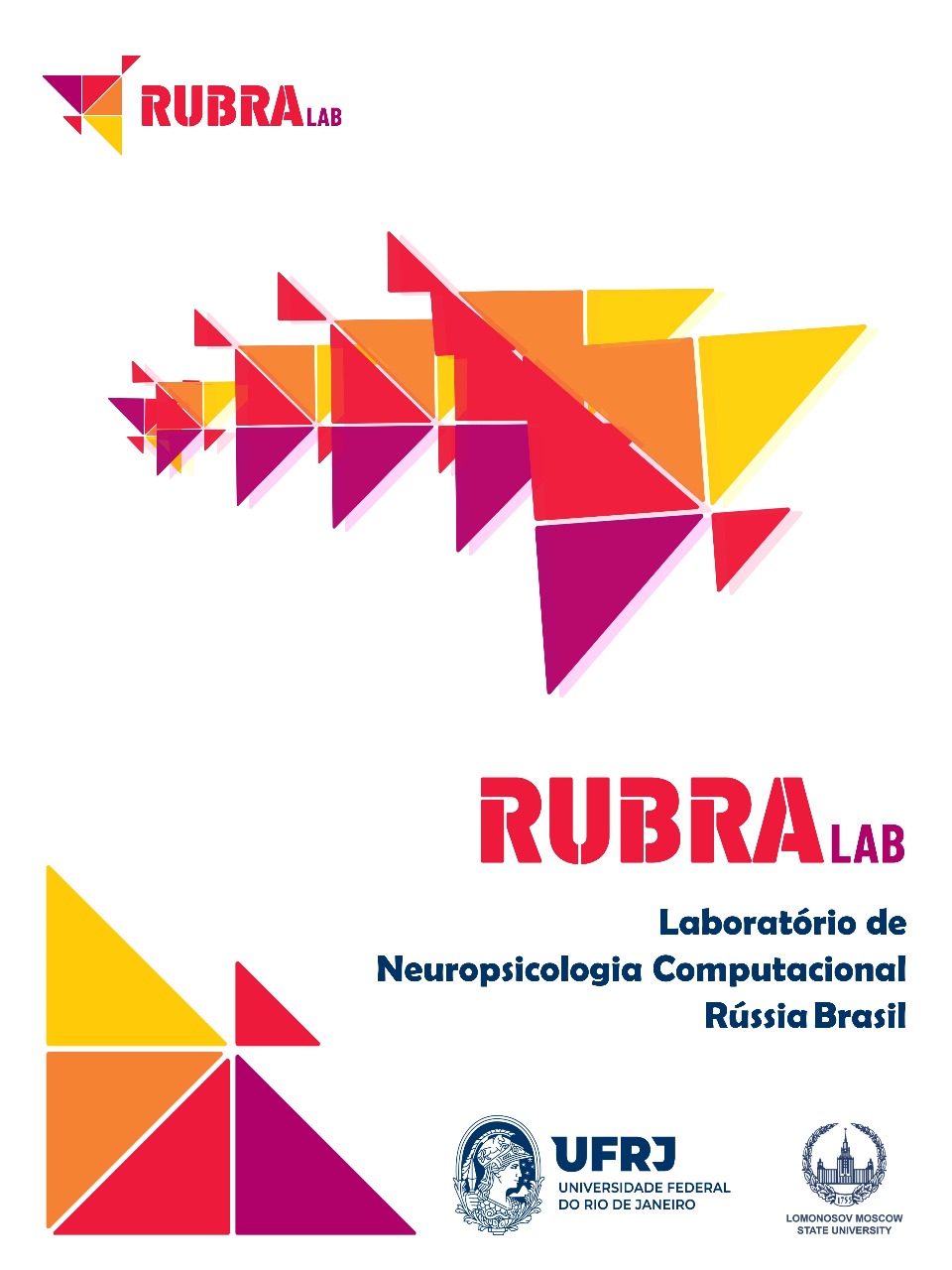
Contact:
+55(21)99157-8504Email:
contato@abrapabr.org.brRUBRA LAB - ARVORA
RUBRA LAB
Computational Neuropsychology Laboratory
This research project involves the Russia–Brazil Computational Neuropsychology Research Laboratory (RUBRA Lab) and focuses on a line of Cognitive and Psycholinguistic Science studies through computerized solutions—in this case, the creation of a neuroscience‑based computational platform called ARVORA.
The project’s research group has more than fifteen years of experience with playful computational measurement tools designed to capture learning processes and to assess cognition and its processes of representation and language.
It is urgent to model advanced neuropsychological, neuropedagogical, and neuropsychiatric methodologies using personalized investigative technologies and to expand access to—and retention in—elementary school, especially during the early years of literacy. The success of this pedagogical process has already been measured and the inferences have been made through computational heuristic methods.
The impact of technologies incorporated into cognitive‑linguistic sciences applied to basic education and mental health—especially in the fields of neurology and neuropsychiatry—suggests the need for on‑site and continuous professional training. This is essential for developing new groups of researchers skilled in these applied technical‑scientific competencies so they can carry out important future investigations. Employing research activity as a daily neuropsychological/pedagogical/neuropsychiatric methodology in education and health workplaces requires interdisciplinary theoretical frameworks.
Teachers, neuropsychologists/pedagogues, and neurologists and neuropsychiatrists play a fundamental role as facilitators of the evolutionary development of learning and require new technologies that provide assessment and intervention tools capable of dealing with contemporary problems ethically and swiftly, elevating technical practice to academically relevant knowledge. The intertwining of managers, researchers, teachers, technicians, and students is crucial for establishing relationships between science and social reality, strengthening and recognizing successful pedagogical practices within the university.

This work makes a relevant contribution to the metapsychology of education and to the epistemology of medicine, playing a crucial role in investigations—especially those related to literacy processes and the cognitive‑linguistic development of children and adolescents who are at high social risk or have neuropsychiatric disorders, dysfunctional developmental neurological events, lesions, or neuropathologies.
The representation of cognitive schemas and the flow of language meanings intertwine, acquiring secondary connections during the construction of knowledge.
An opportunity arises to identify logical‑systemic aspects of recursive thinking and the representation of mathematical‑linguistic meanings applied in contexts of general knowledge. Results observed in these types of learning point to the existence of a fundamental syntax and semantics of the mind, acting as metamessages underlying the metacognitive conduct of meaning representation and creating strategic polymorphic functions in a network of externally perceived signs that internally constitute connected knowledge networks in long‑term memory.
Cognition occurs under a chain of codes that represent universal rules belonging to the matrix of the cognitive unconscious, which has a dynamic structural epistemic learning‑automaton organization.
The investigation focuses on the analysis of intentionalities and, therefore, on data derived from relationships between meanings. We isolate the behavior considered in its universality, evolving ontogenetically in the subject through cycles and leaps of cognitive states in superimposed formation sequences.
The implications of this work show that it is crucial for schools to urgently transform themselves to recognize the intellectual operations underlying directly observable actions, in order to formulate more effective neuropsychopedagogical assessment and intervention activities. Scientific research on this subject therefore requires large investments from scientists and their governments, aiming at a future where adults benefit more from school experience across the neurodiverse spectrum of all students.